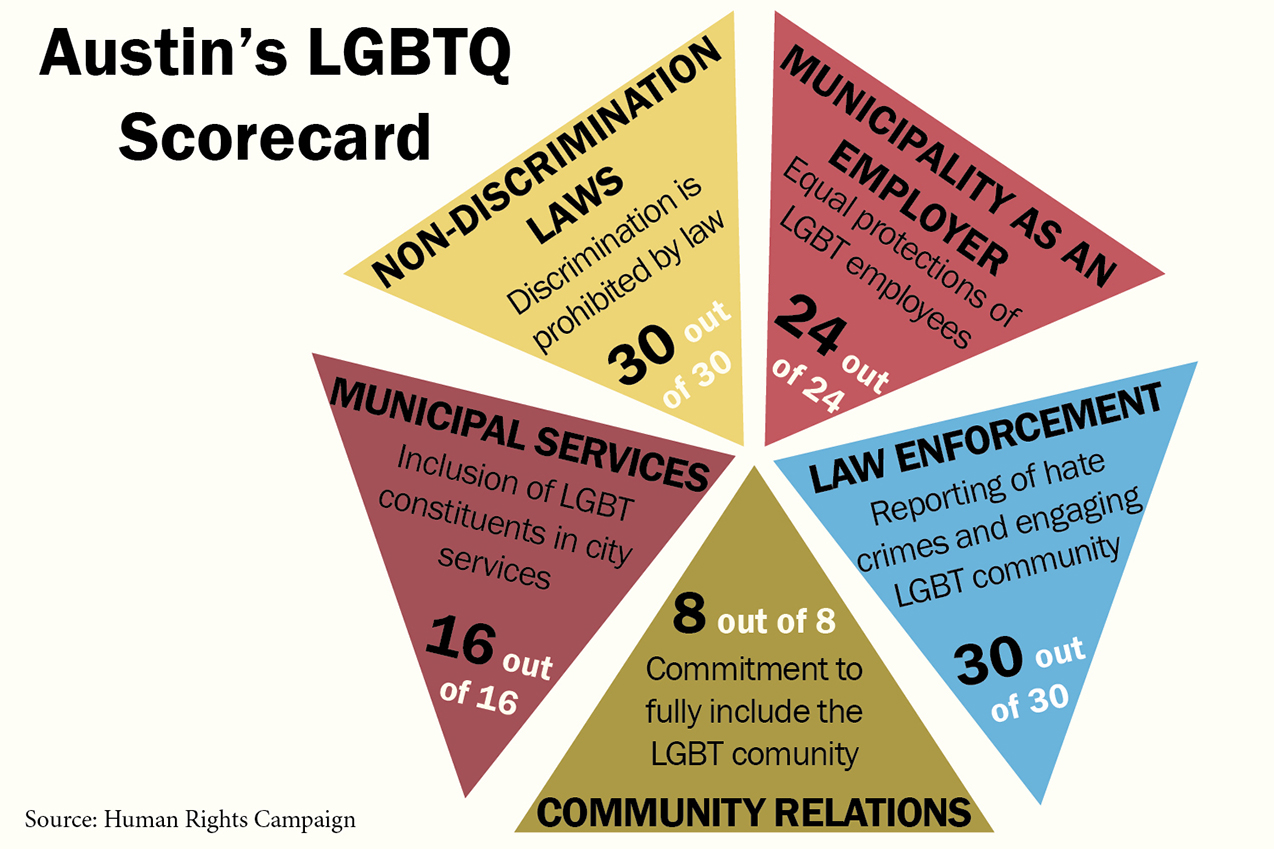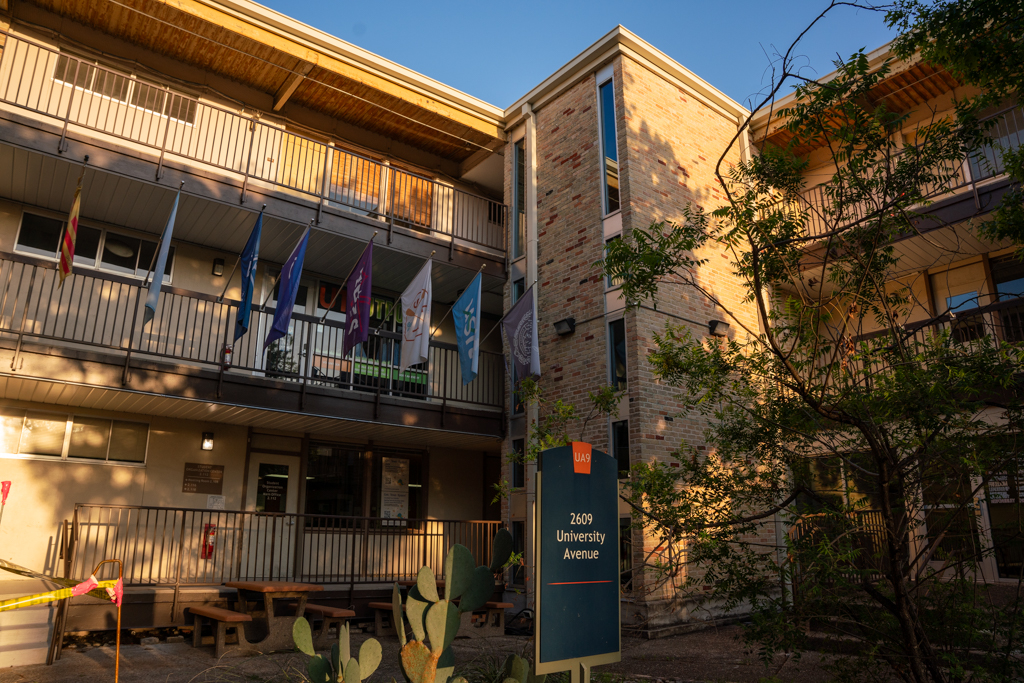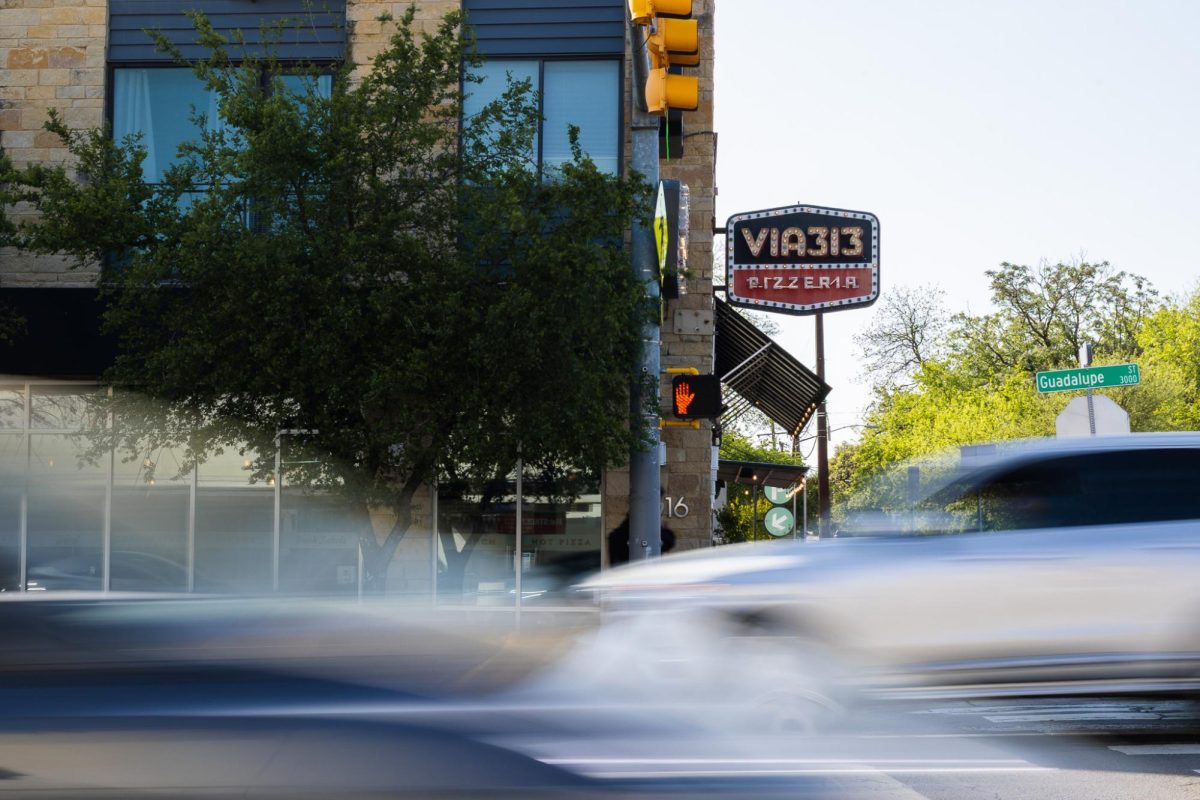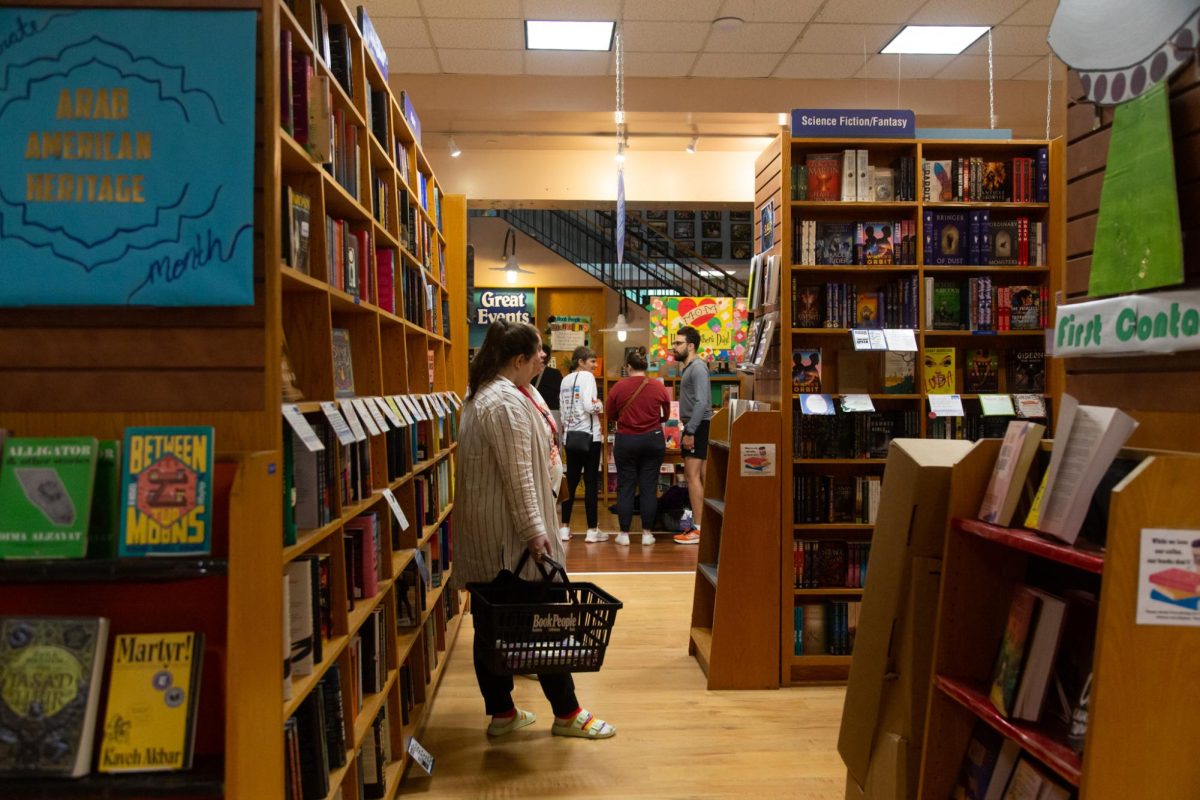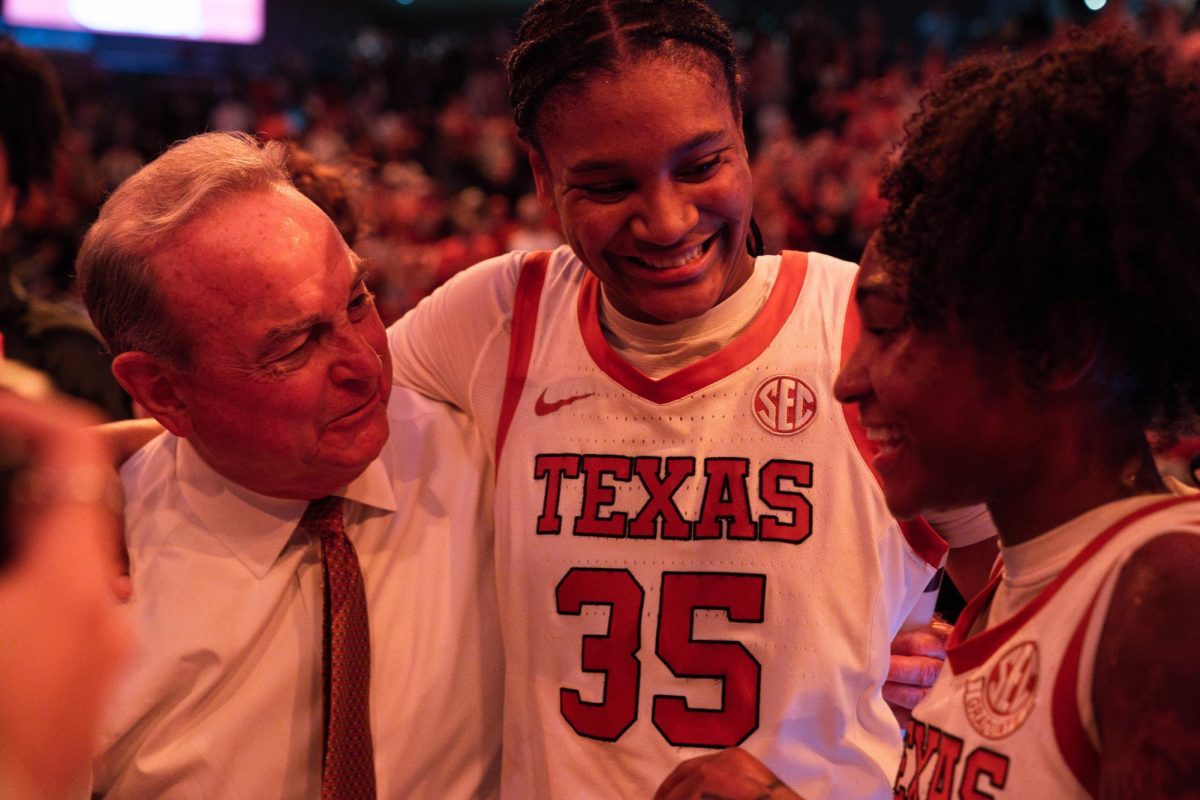Austin was given the highest rating in Texas for its support of the LGBT community by the Human Rights Campaign, which rates cities in America by how well they score in non-discriminatory workplace environments, civic inclusion and law enforcement relations.
“Austin has always been a welcoming, inclusive city for everyone, and Mayor Steve Adler is pleased that the Human Rights Campaign has given Austin its highest possible rating to reflect our leadership on LGBTQ issues,” said Jason Stanford, communications director for the mayor’s office, in an email.
The municipal equality index is broken down into five categories: non-discrimination laws, offering protections to LGBTQ employees, inclusion in municipal programs, responsible engagement with the LGBTQ community by law enforcement and a city’s public policy standpoint on LGBTQ issues.
The City of Austin improved from previous years by scoring a full 100 percent of the basic points possible and earning an extra 12 points for municipality involvement in providing services to LGBT elderly and people living with HIV and AIDS, as well as providing support to transgender people.
Graduate student Daniel Jimenez is the chair of the Pride Policy Alliance, an organization that advocates for increasing awareness about LGBTQ issues at the University and the greater Austin area. Jimenez said Austin is an inclusive place for the LGBT community, but areas outside of downtown Austin may not be as welcoming to LGBT people.
“I would say, holistically, we agree with [the HRC’s rating], but maybe say that’s exclusive to downtown Austin area and not disenfranchised areas or outer areas,” Jimenez said. “For example, in the Del Valle district, which is more Latin and conservative Catholic, education is very difficult for queer and trans students. My recommendation for Austin leadership is to do some more community outreach to areas that don’t historically benefit from pro-LGBT policies.”
Jimenez, who is studying global policy, said Austin is an island in the state of Texas when it comes to its LGBT-inclusive policies.
“If you’re trying to work at the Capitol or for the state of Texas, it can be very difficult to maintain social mobility or advance if you’re openly gay,” Jimenez said. “I think it can be very difficult because Austin is a little bit of in island in terms of political culture. I don’t think the state at large would earn a very good rating from the HRC.”
For biology and psychology senior Mitch Anderson, his experience as a gay man in Austin differed from his home town of Belton, Texas, which is just an hour north of Austin.
“[Belton] follows the mold of a small town in central Texas, pretty heavily conservative, very religious and just not progressive with their views,” Anderson said. “There are definitely a lot of members of the community that are supporting LGBT people, but that’s definitely not predominant.”
Anderson said Austin was different from Belton because being gay isn’t an issue.
“It’s not even something out of the norm, so you don’t have people have messaging you or subtweeting you telling you what a horrible person you are,” Anderson said. “It’s just a non-issue for most people here.”
Dallas and Fort Worth also scored well on the index, each earning 100 points each. Laredo, College Station and Irving scored the lowest in Texas, with each city earning six points from the HRC.

